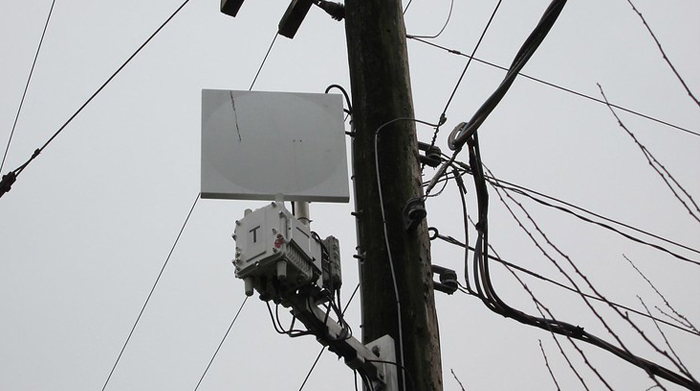5 Smart Grid Security Issues that Utilities Must Understand

Image courtesy of Stephen Rees under Attribution-NonCommercial-NoDerivs 2.0 Generic License, resized to 700 x 391 pixels.
The development of so-called smart grids is rapidly increasing, but utilities must be cautious when it comes to managing the resulting smart grid security issues. Although smart grid technology offers many benefits, it also introduces new problems thanks to its inherent interconnectedness as well as the massive amount of data it collects.
Smart Grid Security Risks that Must be Managed
Smart grids utilize sensors, meters, and automation systems to enable real-time monitoring and operation of the grid, as well as 2-way communication with customers. But like everything in life, these technologies have both pros and cons. Here is an abbreviated list of 5 smart grid risks that should keep utility decision-makers up at night:
- Cybersecurity: Bad actors could launch malware, ransomware, or denial-of-service attacks. They could also exploit smart grid vulnerabilities that enable them to hack into utility systems and disrupt operations.
- Privacy: The massive amounts of sensitive data that these systems handle increases the odds of being targeted by data pirates. In the worst-case scenario, customer data could be mined to steal identities or conduct other criminal activities.
- Regulatory: More and more regulations are being introduced that require utilities to meet certain requirements to protect the data generated or captured via the smart grid. These regulations will likely change over time, which could be challenging because failure to comply with a change could result in hefty fines and bad press.
- Legacy systems: Smart grids are often built on top of legacy systems that were not designed for optimal cybersecurity. These legacy systems could provide a pathway for hackers to gain access to added-on smart grid technology.
- Supply chain: Smart grids typically rely on third-party systems, which means that even if your company’s cybersecurity protocols are best in class, it may not matter if a vendor system is poorly secured.
So, there you have it – a list of 5 smart grid security issues that all progressive utilities need to be aware of and manage.



